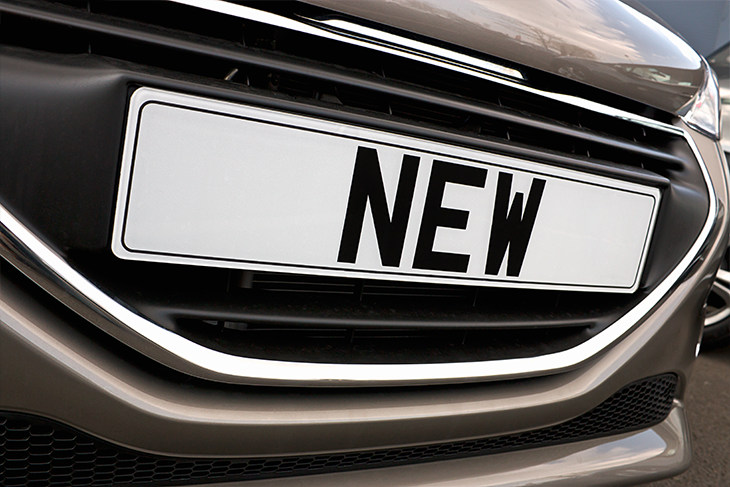Have you ever stopped to think about car registrations? It’s probably a strange question, as the technicalities around vehicle ownership and registrations are something that might not even cross your mind unless when you’re buying a new car. But knowing a bit about registrations can be useful. Your car’s number plate can affect how much it’s worth, and can also help you find the right time to buy or sell a new vehicle.
How UK number plates work
The current UK number plate system was introduced in 2001 and breaks each registration down into three sections. The first two letters signify where the car was registered, with the first letter signifying the region, the second letter the local DVLA office. The next two numbers let you know which year the car was registered. This is divided across the year between the two number plate changes. So for the first number plate change, you have the last two digits of the year – 21 for 2021, 22 for 2022 etc. The second change is currently set at 7 plus the last digit of the year. So 71 for 2021, 72 for 2022 etc.
The final three letters are random, designed to allow a large number of combinations to ensure no two number plates are the same.
What happens when we hit 99?
The current plan is that when we reach 99 in the second half pf 2049, the number system will restart back at 50/00 for the following year (2050). While we might have self-driving cars by then, the need for number plates is likely to remain in place.
How does the number plate affect prices?
A car’s resale value can be affected by the number plate. For example, say you have two cars. One was registered end of February, one the end of March. Even though they may be separated by a few days, the value of the car with the new number plater will be higher just because it has the more recent number plate.
If you are buying a new car, you can get a good deal if you shop immediately before the number plate changes. Dealers will be looking to clear their forecourt for the new cars, so will often have attractive promotions to try and get you to make a purchase. Once the number plate changes, you might find a good deal on used cars as dealers sell the stock they’ve received as part exchange on the new cars they sell.
Personalised number plates
Personalised number plates weren’t available until 1989, when the DVLA realised there was money to be made. Sometimes referred to as vanity plates, having a number plate that has part of someone’s name or a word can be a money spinner. There aren’t many restrictions on number plates in terms of what you can write. You can’t have anything vulgar, no matter how clever you think you might be in disguising it. You also can’t have a plate that makes the car seem younger than it actually is.
Apart from that, you can choose what you like, providing it has the right font and number of characters. But number plates can be expensive, so you might have to be very creative to get the name or word you want without costing you an arm or a L39 (leg!).
Get your new car
If you’re considering getting a new car, then why not apply with Creditplus?






 Facebook
Facebook Twitter
Twitter Instagram
Instagram LinkedIn
LinkedIn Youtube
Youtube